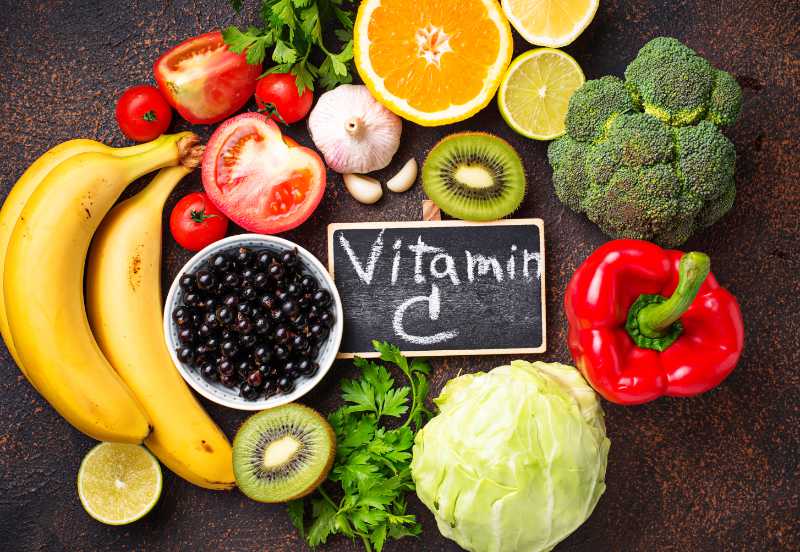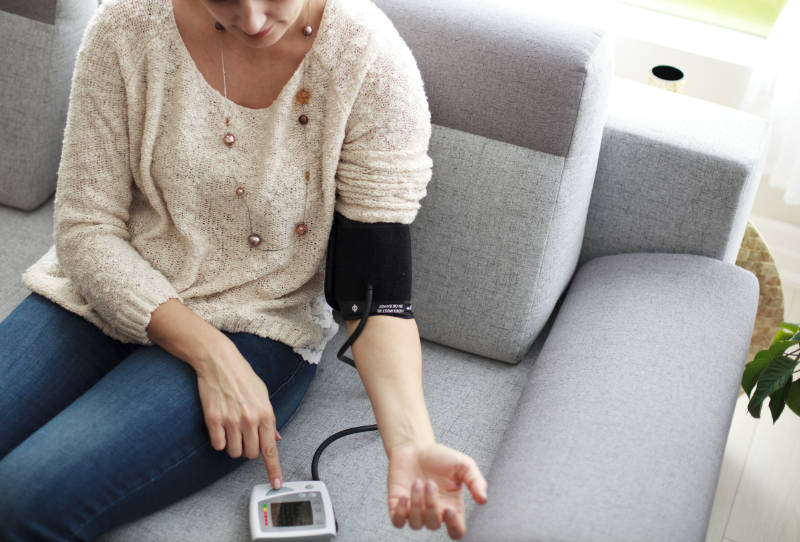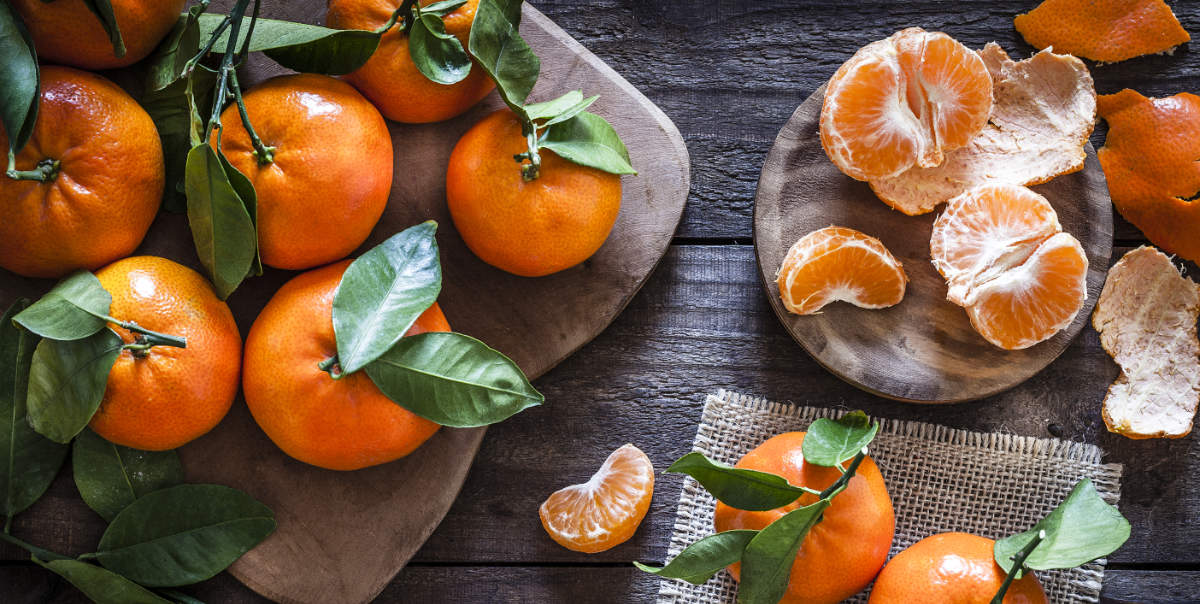Many of us will reach for the vitamin C if we’ve caught a cold, or want to avoid getting one – but now scientists are looking at whether it could help beat coronavirus, known as Covid-19, too.
Coronavirus and vitamin C – why you should know
Chinese researchers are assessing how very high daily doses of the vitamin – around 60 times more than the NHS daily recommended amount (40mg a day for adults) – affect 120 patients who have the virus.
Recommended: Coronavirus travel advice – what travellers need to know.
Unfortunately, the results of the study aren’t expected for some time, but in the meantime, cardiologist and vitamin C expert Dr Thomas E Levy, says: “Vitamin C is arguably the most researched agent in history. It’s been shown to kill or inactivate all viruses in the test tube [if administered direct to the virus in high enough concentrations]. We have all these scare viruses out there – coronavirus, ebola, zika – they’re all different, but they’re all the same in their susceptibility to vitamin C, so far.”
“By whatever route you take,” he adds, “if you get enough vitamin C in the area where the infection is, you resolve it, in the case of a virus and in the case of most bacteria.”
6 reasons to take vitamin C
While vitamin C’s effects on coronavirus aren’t yet known or confirmed, there are still myriad reasons to make sure vitamin C features in your diet…
1. Vitamin C can boost your immune system

Vitamin C – found in a wide variety of fruit and veg – is a powerful antioxidant, meaning it protects cells from harmful molecules called free radicals. Studies have shown that consuming more vitamin C can increase blood antioxidant levels by up to 30%, helping the immune system fight inflammation. Conversely, a lack of vitamin C is thought to reduce immunity and make people more susceptible to infections. Its immune-boosting properties are thought to be what helps it reduce the severity of colds and recovery time. However, there’s no evidence to show vitamin C actually prevents colds.
2. Vitamin C can help prevent memory loss and dementia

Researchers from the University of Copenhagen in 2014 found vitamin C could help prevent cognitive decline caused by ageing and conditions such as dementia. Other studies have shown oxidative stress – an imbalance of free radicals and antioxidants that can lead to cell and tissue damage – and inflammation in the central nervous system, can increase the risk of dementia; vitamin C as an antioxidant, can help prevent oxidative stress. In addition, several studies have shown people with dementia may have lower levels of vitamin C.
Recommended: Coronavirus Italy outbreak – is it still safe to travel?
3. It can help prevent iron deficiency

Iron is essential for making red blood cells and transporting oxygen throughout the body, and an iron deficiency can lead to anaemia. Some sources of iron are poorly absorbed in the body, but vitamin C can help improve this by converting the iron into a more easily-absorbable form.
4. Vitamin C may help prevent gout

The results of studies on vitamin C and gout are mixed – a 2009 study at Boston University found the more vitamin C men took, the less likely they were to get gout. However, a smaller 2013 study found a small vitamin C dose failed to reduce uric acid levels, which lead to gout, to a significant degree in patients with established gout.
Recommended: Hand sanitiser – does it help to prevent coronavirus?
5. It may help reduce cardiovascular disease

Research from the University of Copenhagen showed a high vitamin C concentration in the blood from the intake of fruit and vegetables was associated with a reduced risk of cardiovascular disease and early death. After looking at data, the researchers concluded: “Those with the highest intake of fruit and vegetables have a 15% lower risk of developing cardiovascular disease and a 20% lower risk of early death compared with those who very rarely eat fruit and vegetables. The reduced risk is related to high vitamin C concentrations in the blood from the fruit and vegetables.”
However, a 2016 US review of studies found much research has shown no relationship between vitamin C intake and heart disease risk, while few have suggested moderate benefits, and some have even suggested slight increase in risk.
6. It could help reduce blood pressure

Scientists from Johns Hopkins University in the US found high doses of vitamin C may lead to slightly reduced blood pressure. Another 2009 US study found vitamin C was linked with reduced blood pressure in young women, but as the results have not shown huge changes in blood pressure, more research is needed.
Recommended: How to get more vitamin D in the winter months.







































































